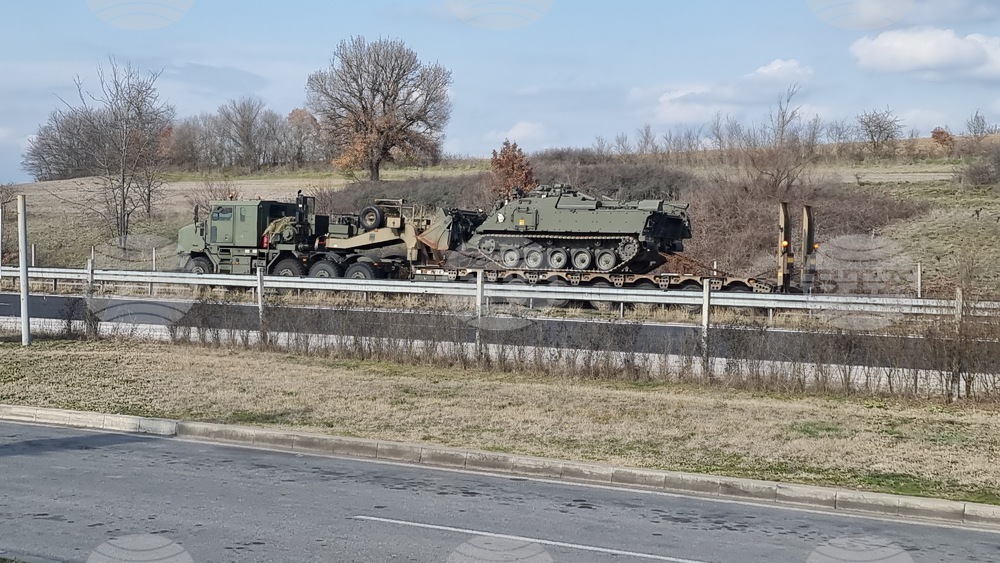site.btaAudit Report: EU Still Short of Achieving Military Mobility Goals


The EU member states’ armed forces are not yet able to move quickly across the EU, and the entire EUR 1.7 billion budget on military mobility has already been allocated the European Court of Auditors finds in a new report.
For the first time, in its 2021–2027 budget the EU set aside a dedicated amount for military and civilian dual-use transport infrastructure projects.
The goal of moving military staff, equipment, and supplies swiftly and seamlessly within and beyond the EU – at short notice and on a large scale – has not yet been achieved, while Russia’s war of aggression against Ukraine has turned the bloc’s strategic need for military mobility into a matter of urgency.
The report further concludes that organizing military movements may face significant delays for different reasons, such as red tape. For example, tanks from one EU country cannot move through another if they are heavier than road traffic regulations allow. Under normal circumstances, an EU country currently requires 45 days’ notification of cross-border movement authorizations.
The auditors found that the European Commission had not thoroughly assessed needs in advance. Although the funds need to be well targeted in order to have an impact, sufficient account was not taken of geopolitical and military factors when deciding which dual-use infrastructure projects to finance. Furthermore, projects were selected on a piecemeal basis, not always in the most strategic locations, and without considering the broader picture. Projects were funded mainly in the east of the EU, but the bloc hardly funded any projects at all on the southern route towards Ukraine. In addition, the projects were already selected for EU funding before the most urgent priorities were established.
Governance arrangements for military mobility in the EU are complex and fragmented, without a single point of contact, which makes it difficult to know who does what. To help the EU make headway, the auditors suggest improving the governance and focus of EU action, while making funding more predictable. The EU could also tap the potential of current EU funds for civilian transport in order to alleviate military mobility bottlenecks.
In response the European Commission noted that there is a need for simplification of legislation and coordinated actions with NATO. The Commission further said that only one out of five submitted projects has received European funding so far. The EC added that it has identified four main corridors for military mobility needs and is working with EU member states to prepare an assessment of the required funding.
/PP/
news.modal.header
news.modal.text